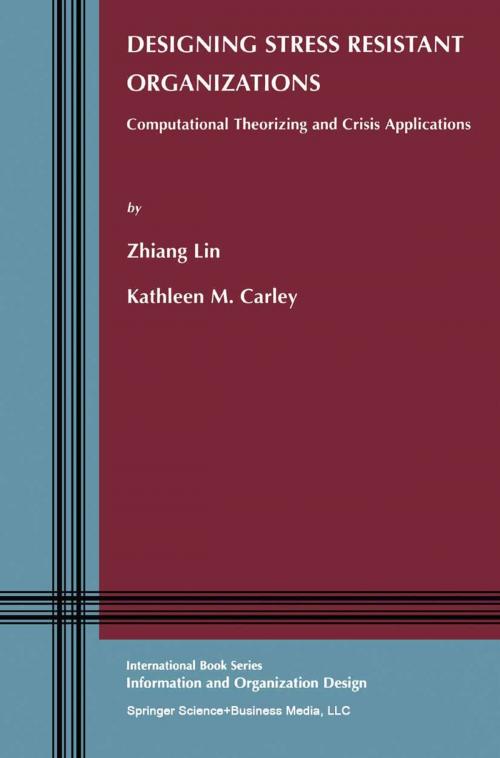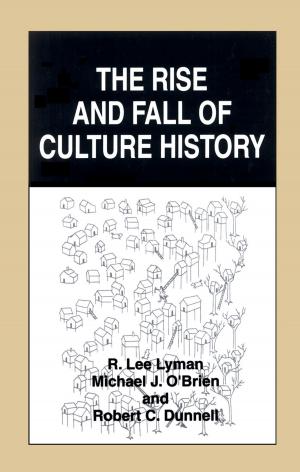Designing Stress Resistant Organizations
Computational Theorizing and Crisis Applications
Business & Finance, Management & Leadership, Planning & Forecasting, Management| Author: | Zhiang (John) Lin, Kathleen M. Carley | ISBN: | 9781475737035 |
| Publisher: | Springer US | Publication: | March 9, 2013 |
| Imprint: | Springer | Language: | English |
| Author: | Zhiang (John) Lin, Kathleen M. Carley |
| ISBN: | 9781475737035 |
| Publisher: | Springer US |
| Publication: | March 9, 2013 |
| Imprint: | Springer |
| Language: | English |
Designing Stress Resistant Organizations demonstrates, in a persuasive way, how computational organization theory can be applied to advance the field of management with its successful integration of theory and practice.
At the theoretical level, the book contains a comprehensive computational framework called DYCORP, which simulates dynamic and interactive organizational behaviors by incorporating multiple factors such as organizational design, task environment, and stress, and which generates consistent and insightful propositions on organizational performance.
The book utilizes an organization science based approach to computational modeling. This approach recognizes the limit of human cognition as it was outlined by Herbert A. Simon in 1947. The model strives to focus on the essence of the reality that is most relevant to the research issue. This approach has been proven to be more beneficial for us to understand the underlying dynamics of the phenomenon.
Designing Stress Resistant Organizations demonstrates, in a persuasive way, how computational organization theory can be applied to advance the field of management with its successful integration of theory and practice.
At the theoretical level, the book contains a comprehensive computational framework called DYCORP, which simulates dynamic and interactive organizational behaviors by incorporating multiple factors such as organizational design, task environment, and stress, and which generates consistent and insightful propositions on organizational performance.
The book utilizes an organization science based approach to computational modeling. This approach recognizes the limit of human cognition as it was outlined by Herbert A. Simon in 1947. The model strives to focus on the essence of the reality that is most relevant to the research issue. This approach has been proven to be more beneficial for us to understand the underlying dynamics of the phenomenon.















